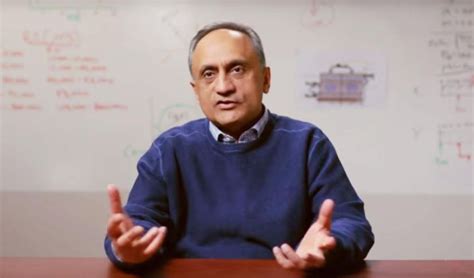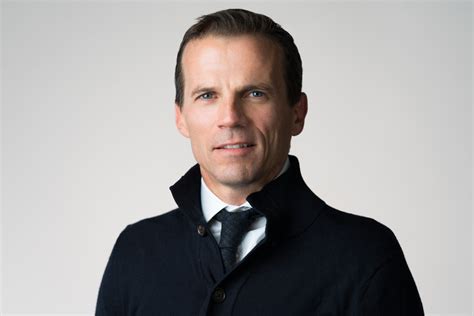A Quote by David Eagleman
If choices and decisions derive from hidden mental processes, then free choice is either an illusion or, at minimum, more tightly constrained than previously considered.
Related Quotes
But we either believe in democracy or we don't. If we do, then, we must say categorically, without qualification, that no restraint from the any democratic processes, other than by the ordinary law of the land, should be allowed. If you believe in democracy, you must believe in it unconditionally. If you believe that men should be free, then, they should have the right of free association, of free speech, of free publication. Then, no law should permit those democratic processes to be set at nought.
A mission is not just a casual thing-it is not an alternative program in the Church. Neither is a mission a matter of choice any more than tithing is a choice, any more than sacrament meeting is a choice, any more than the Word of Wisdom is a choice. Of course, we have our free agency, and the Lord has given us choices. We can do as we please. We can go on a mission or we can remain home. But every normal young man is as much obligated to go on a mission as he is to pay his tithing, attend his meetings, keep the Sabbath day holy, and keep his life spotless and clean.
In either case, ugly or beautiful, people derive a significant part of their identity, be it negative or positive, from their body. To be more precise, they derive their identity from the I-thought that they erroneously attach to the mental image or concept of their body.
Equating the physical sense-perceived body that is destined to grow old, wither and die with 'I' always leads to suffering sooner or later.
When the psychiatrist approves of a person's actions, he judges that person to have acted with "free choice"; when he disapproves,he judges him to have acted without "free choice." It is small wonder that people find "free choice" a confusing idea: "free choice" appears to refer to what the person being judged (often called the "patient") does, whereas it is actually what the person making the judgment (often a psychiatrist or other mental health worker) thinks.
If people believe that they are marrying out of love and free choice rather than out of duty, they are more likely to decide, if love should die, that the free choice to join together is no more significant than the free choice to part, and to look for love elsewhere; those married out of duty expect less love to begin with, and what duty has brought together, duty may keep together.
What is illusion? M.: To whom is the illusion? Find it out. Then illusion will vanish. Generally people want to know about illusion and do not examine to whom it is. It is foolish. Illusion is outside and unknown. But the seeker is considered to be known and is inside. Find out what is immediate, intimate, instead of trying to find out what is distant and unknown.




































